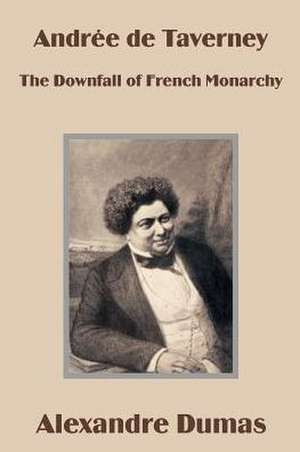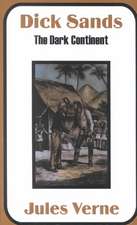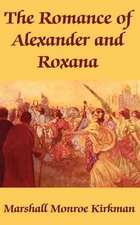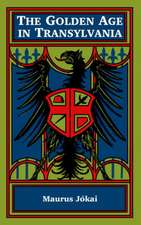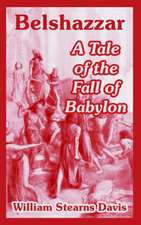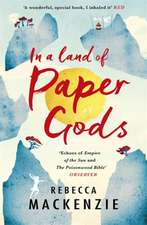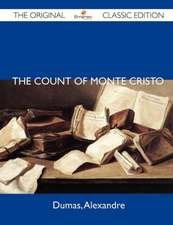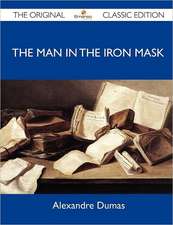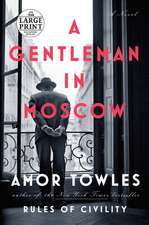Andree de Taverney: The Downfall of French Monarchy
Autor Alexandre Dumasen Limba Engleză Paperback – 30 noi 2002
Preț: 166.72 lei
Nou
Puncte Express: 250
Preț estimativ în valută:
31.90€ • 34.11$ • 26.60£
31.90€ • 34.11$ • 26.60£
Carte tipărită la comandă
Livrare economică 17 aprilie-01 mai
Preluare comenzi: 021 569.72.76
Specificații
ISBN-13: 9781410100603
ISBN-10: 141010060X
Pagini: 312
Dimensiuni: 152 x 229 x 18 mm
Greutate: 0.46 kg
Editura: Fredonia Books (NL)
Locul publicării:United States
ISBN-10: 141010060X
Pagini: 312
Dimensiuni: 152 x 229 x 18 mm
Greutate: 0.46 kg
Editura: Fredonia Books (NL)
Locul publicării:United States
Notă biografică
Alexandre Dumas, born Dumas Davy de la Pailleterie; 24 July 1802 - 5 December 1870), was a French writer. His works have been translated into nearly 100 languages, and he is one of the most widely read French authors. Many of his historical novels of high adventure were originally published as serials, including The Count of Monte Cristo, The Three Musketeers, Twenty Years After, and The Vicomte de Bragelonne: Ten Years Later. His novels have been adapted since the early twentieth century for nearly 200 films.
Prolific in several genres, Dumas began his career by writing plays, which were successfully produced from the first. He also wrote numerous magazine articles and travel books; his published works totalled 100,000 pages. In the 1840s, Dumas founded the Théâtre Historique in Paris.
The English playwright Watts Phillips, who knew Dumas in his later life, described him as "the most generous, large-hearted being in the world. He also was the most delightfully amusing and egotistical creature on the face of the Earth. His tongue was like a windmill - once set in motion, you never knew when he would stop, especially if the theme was himself."
